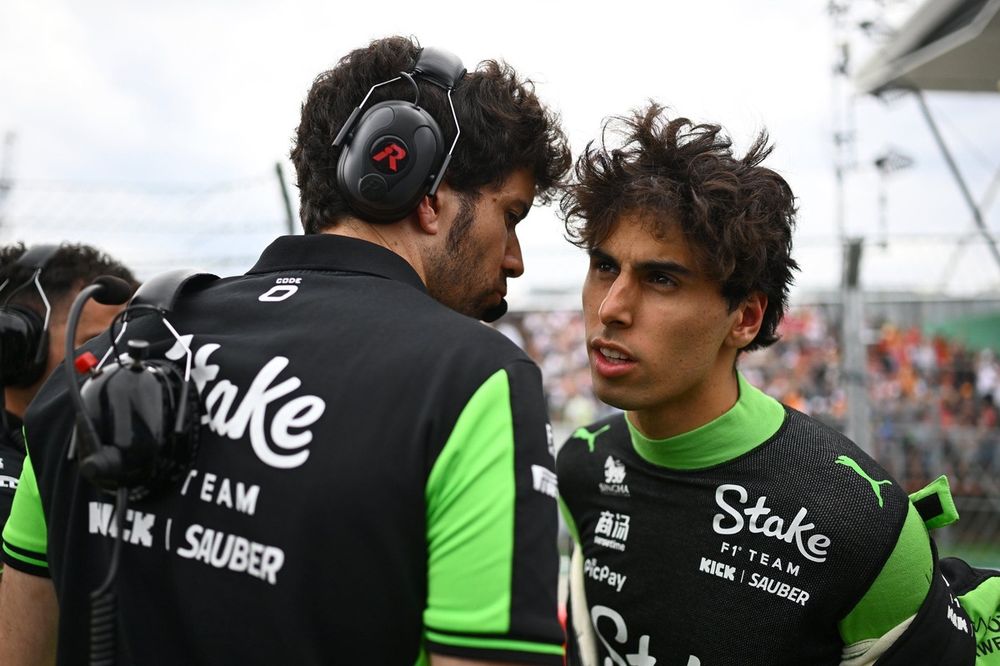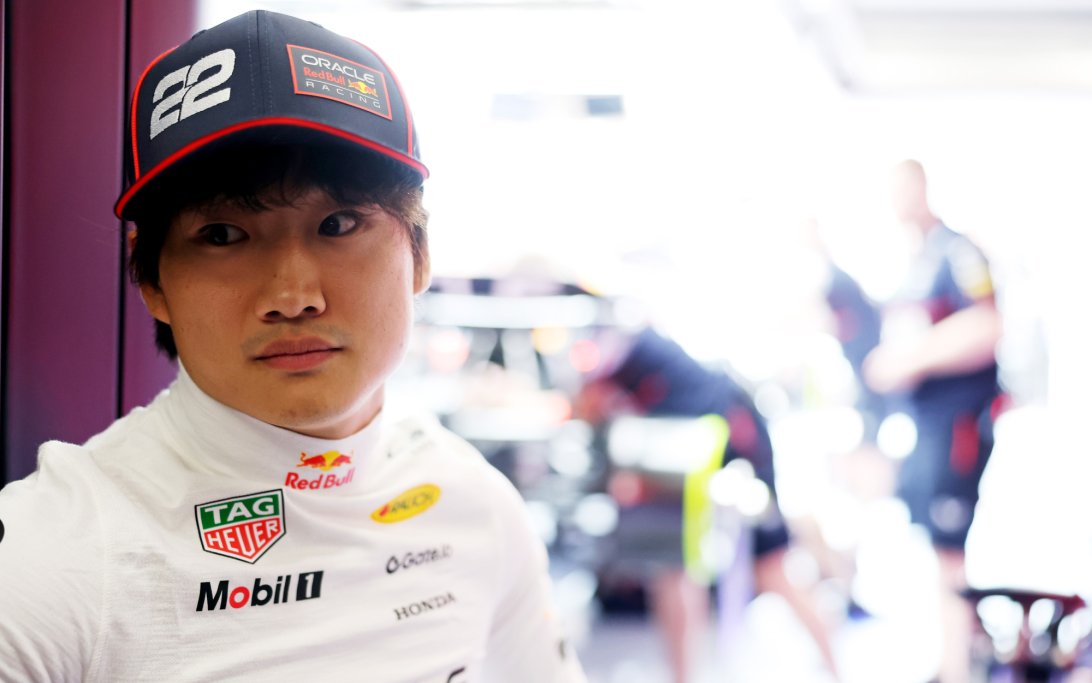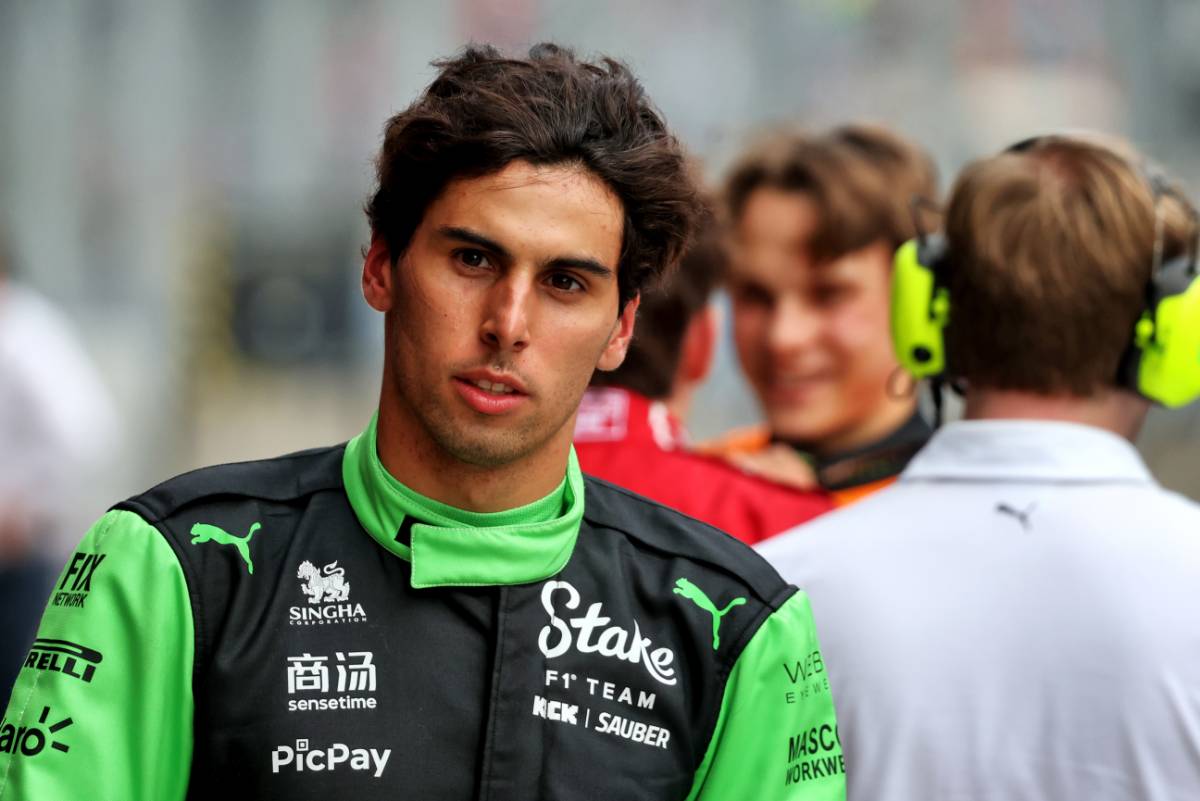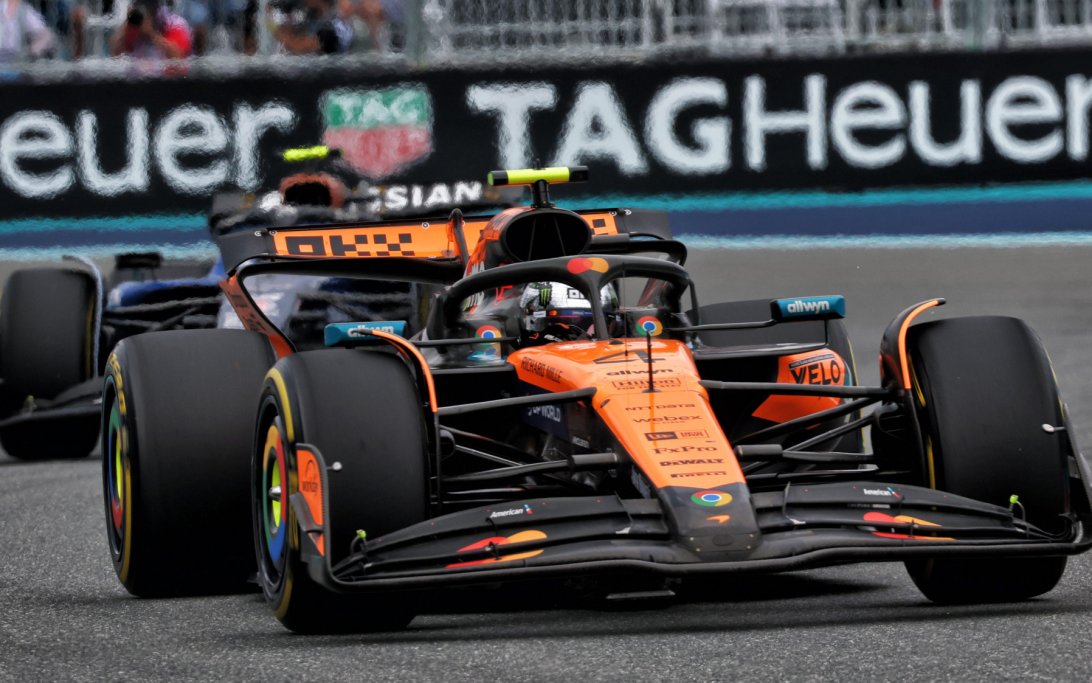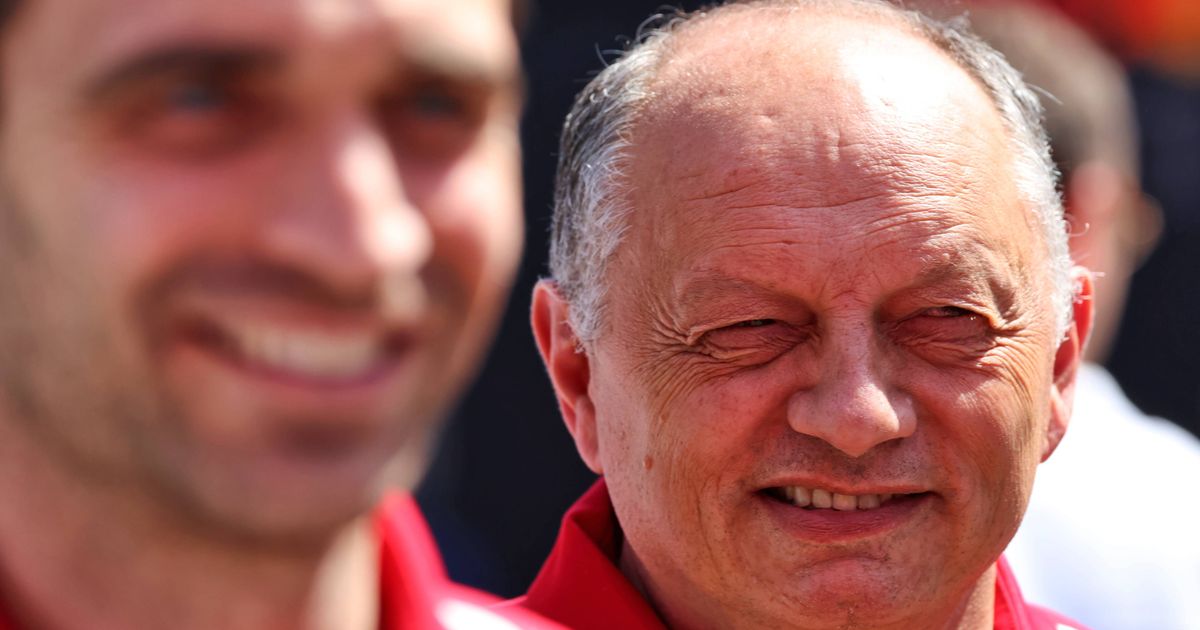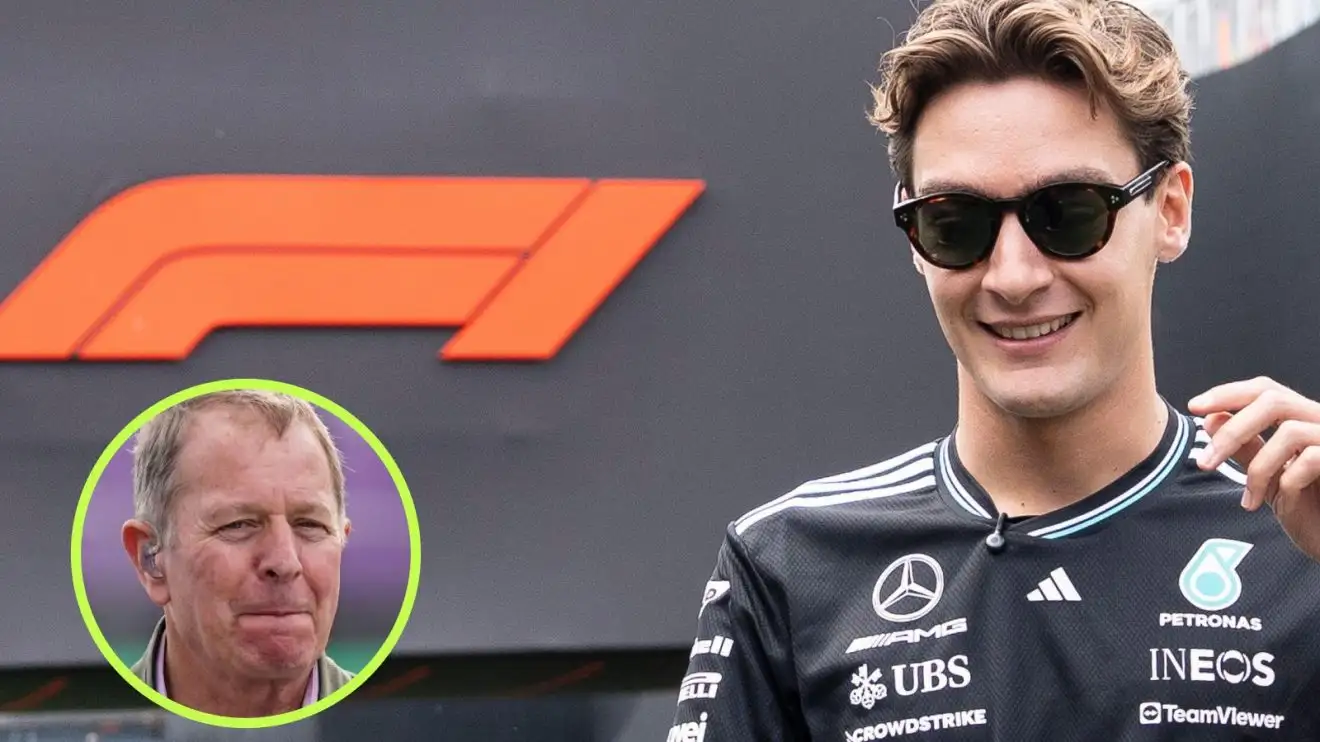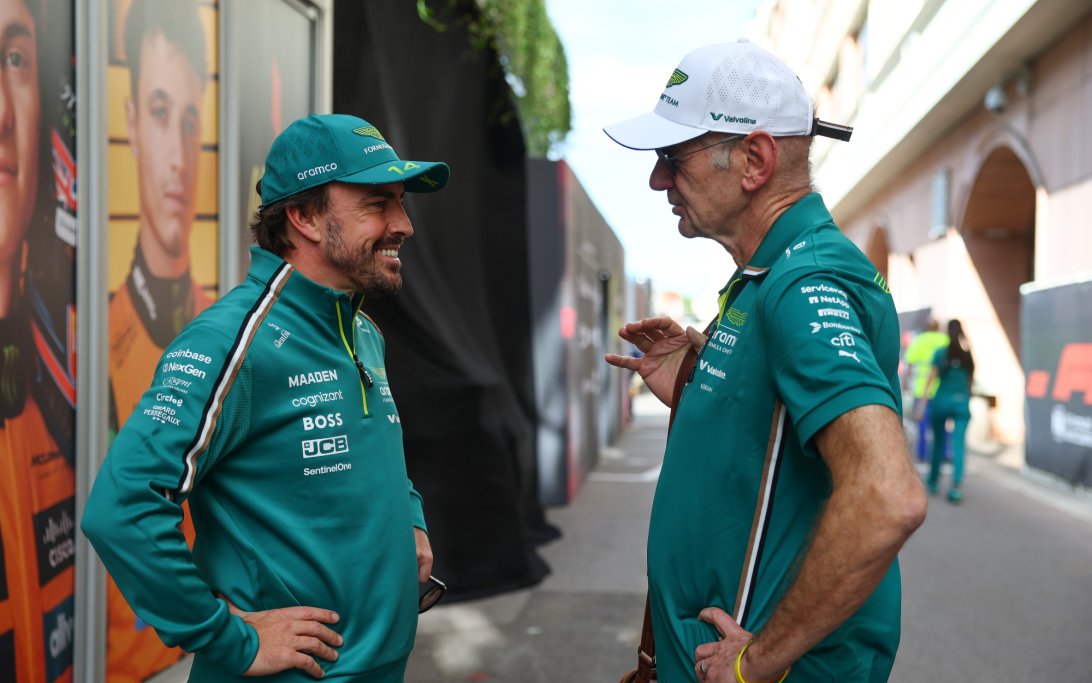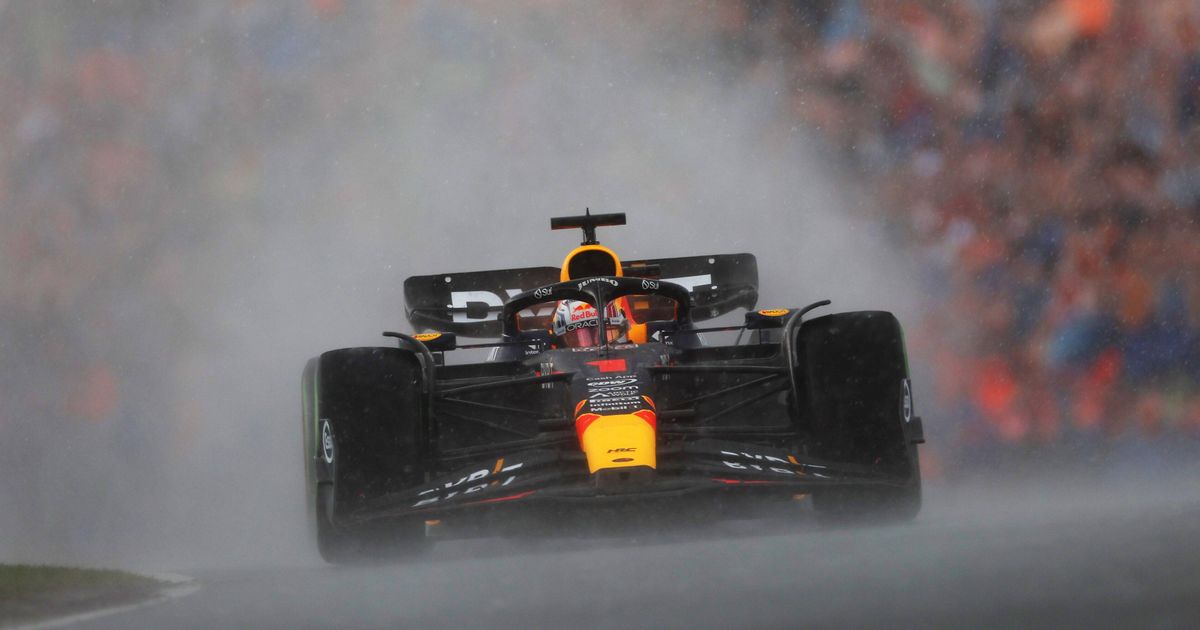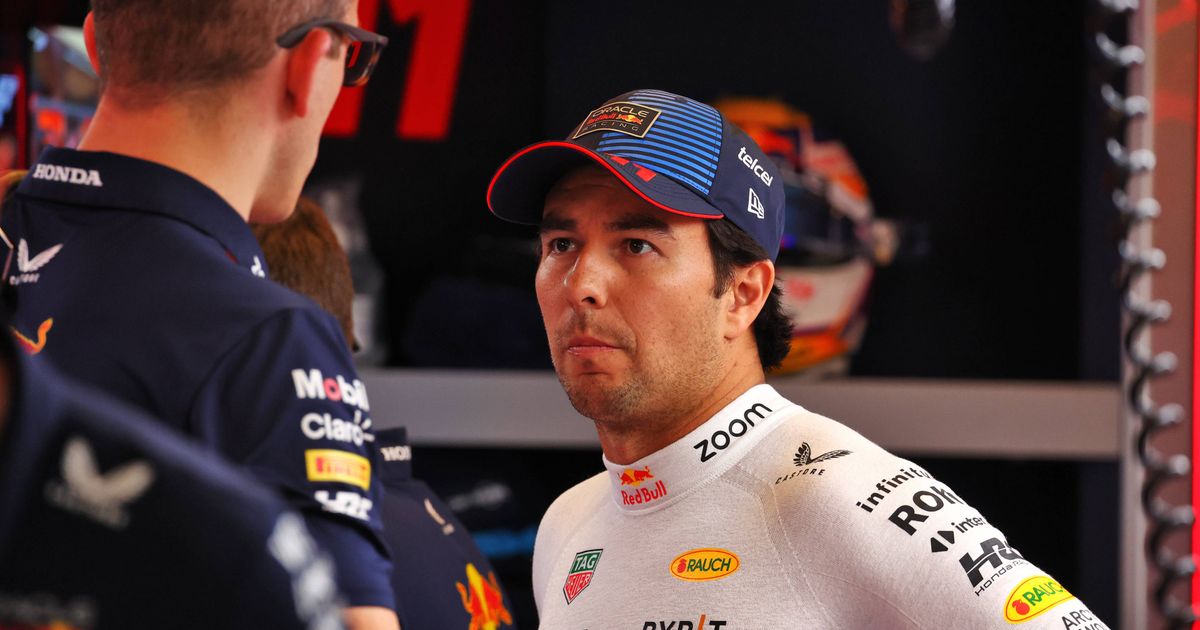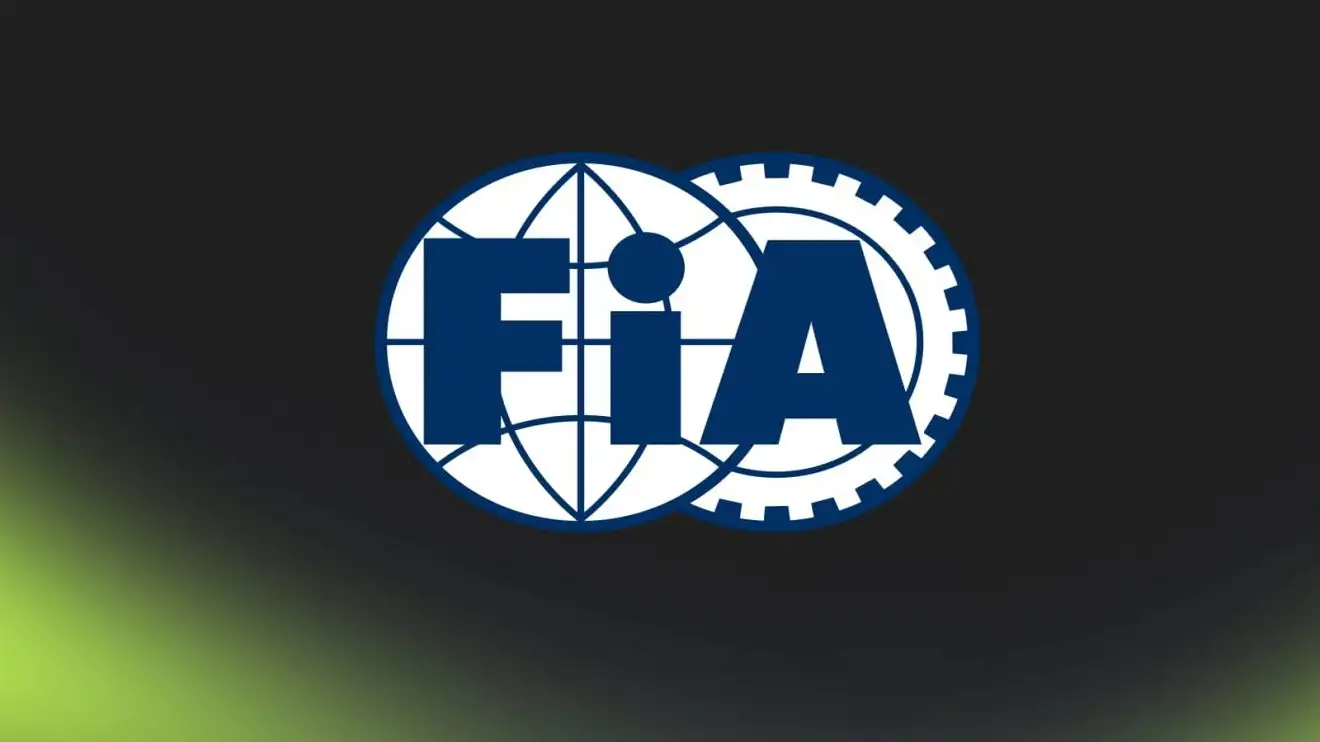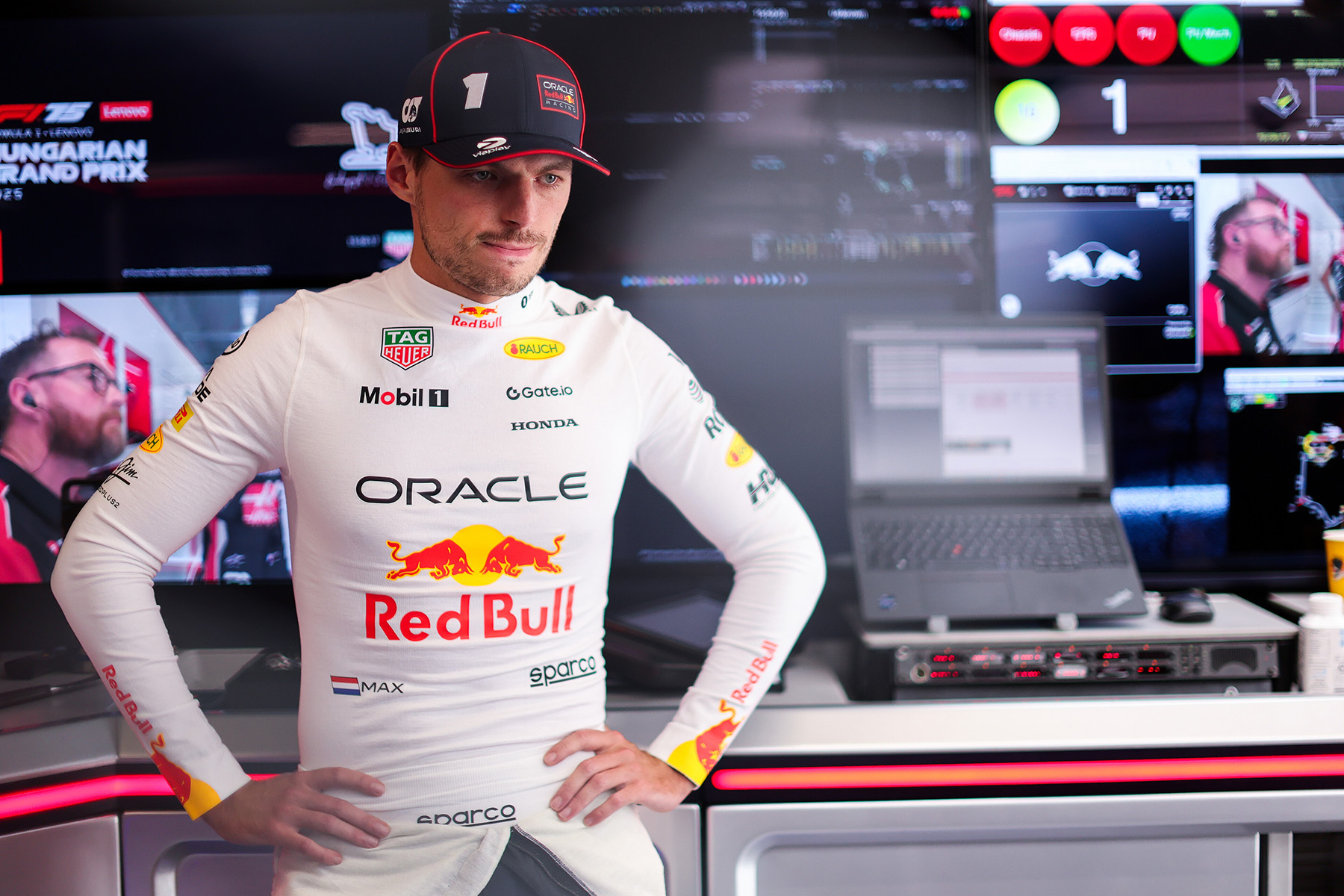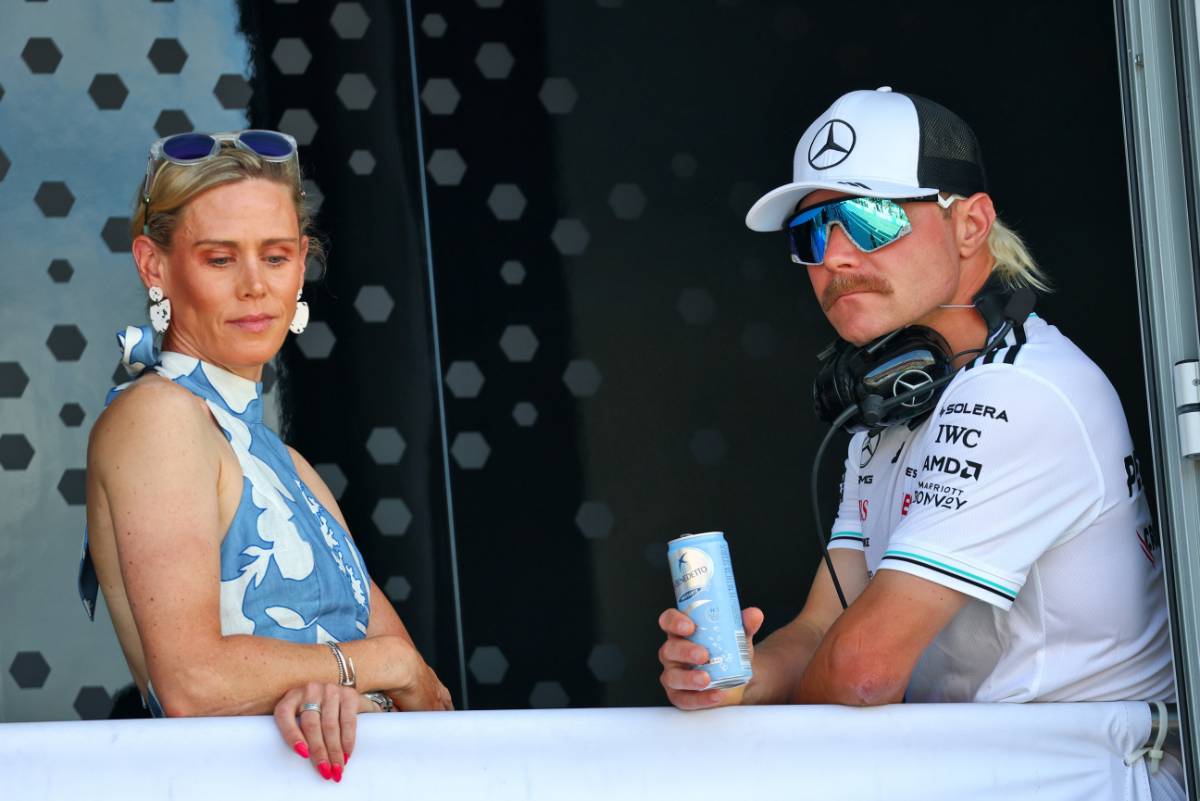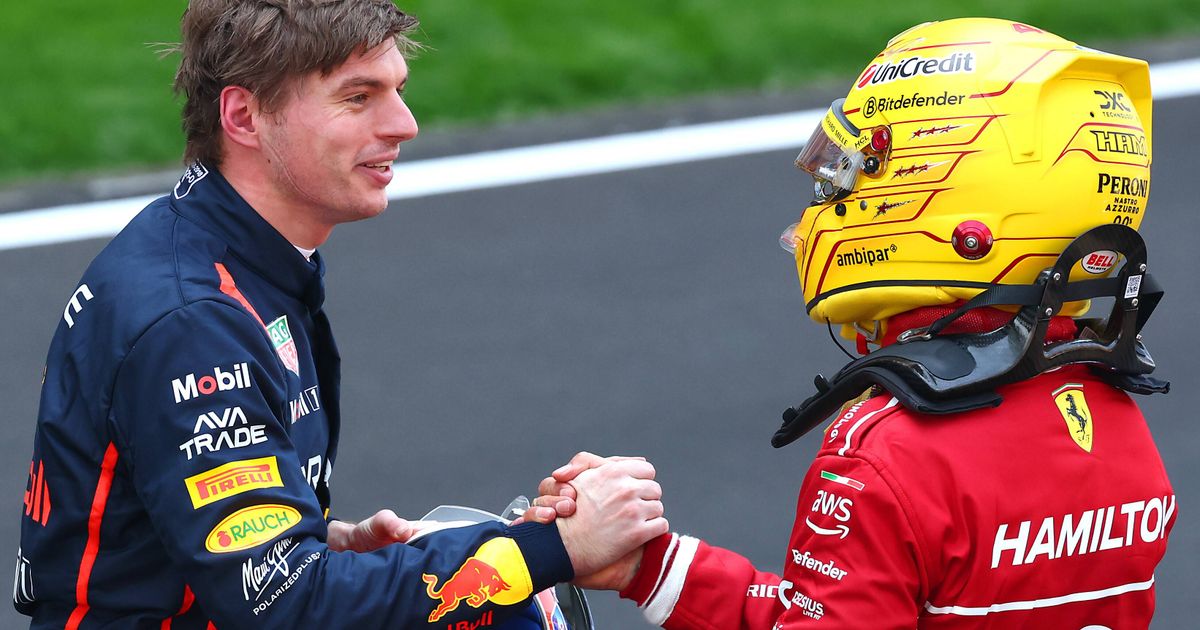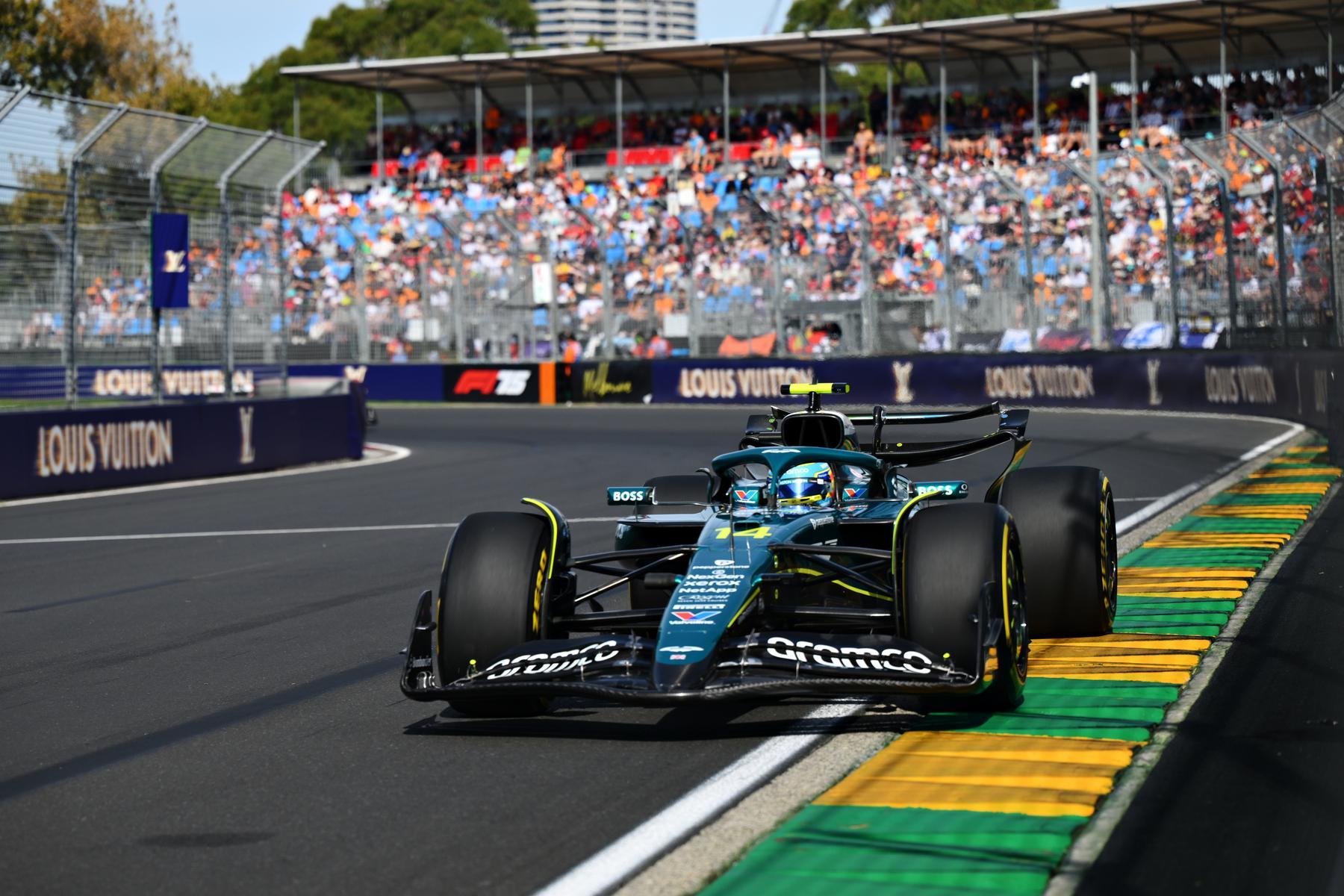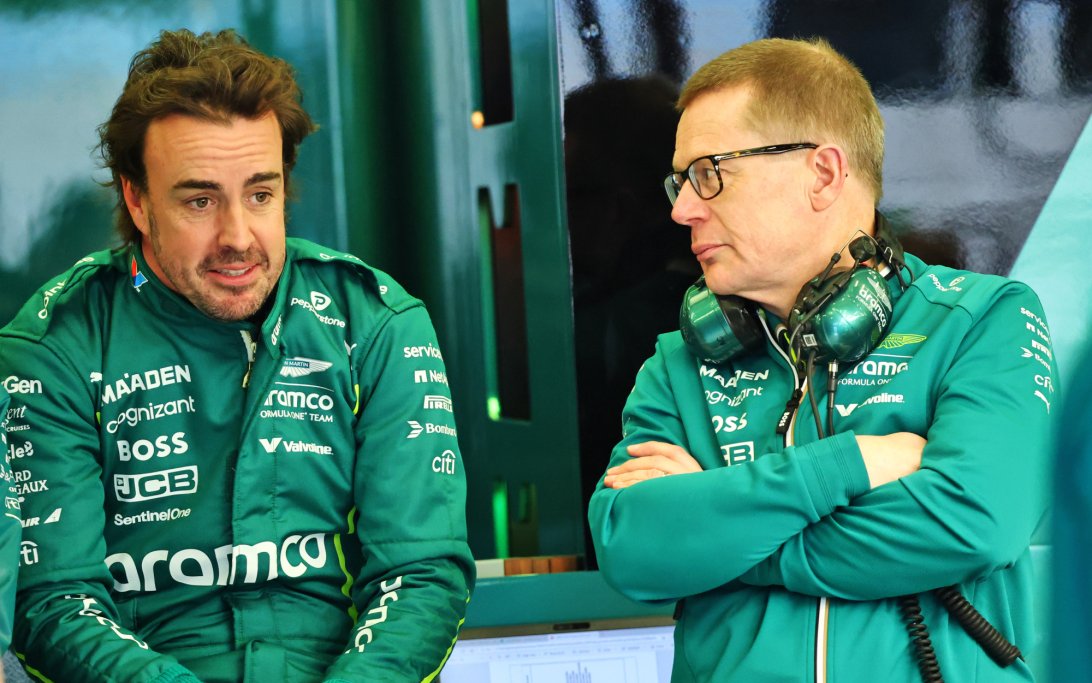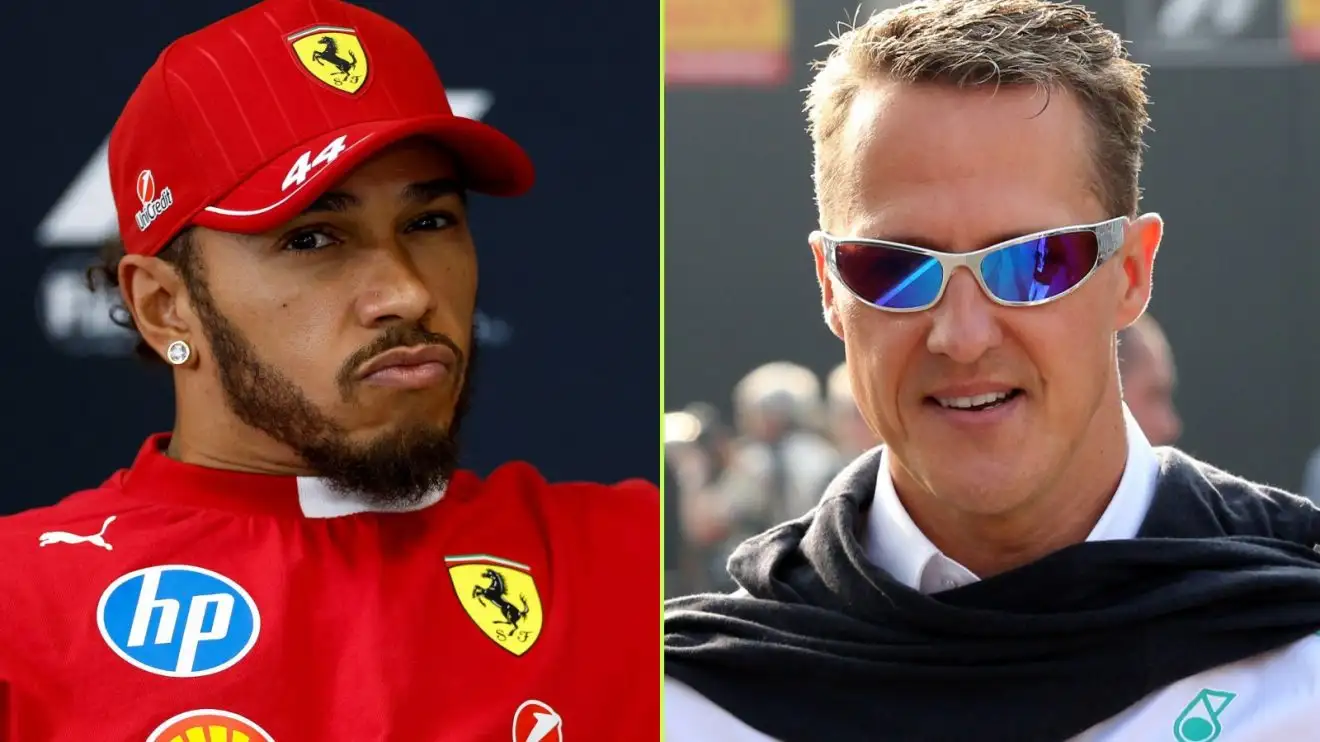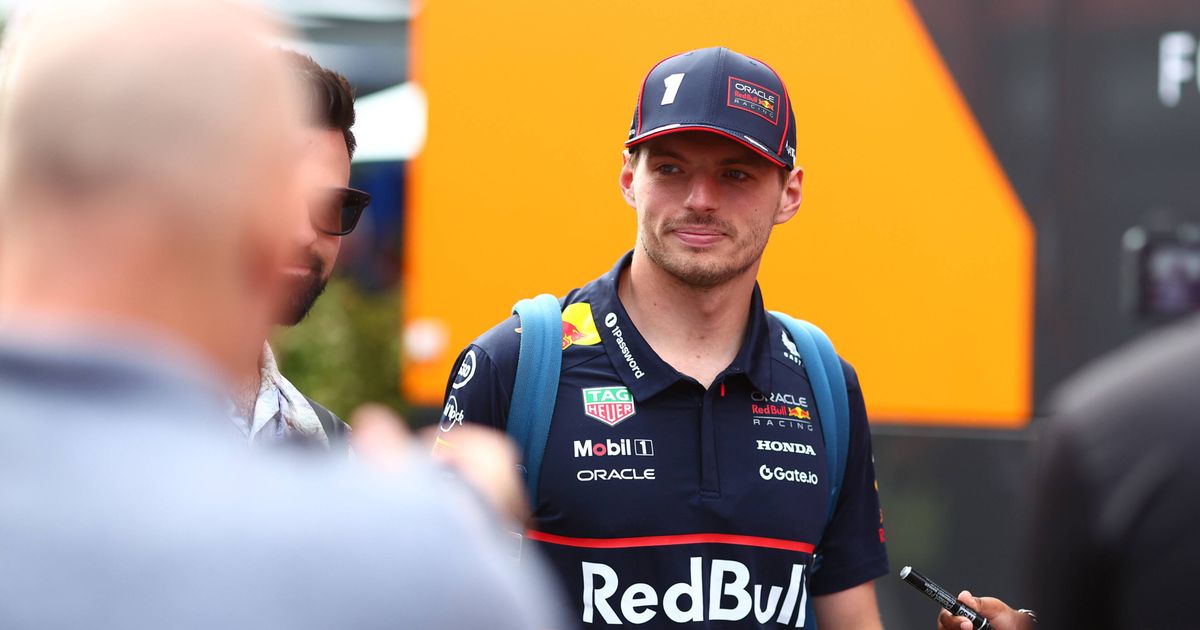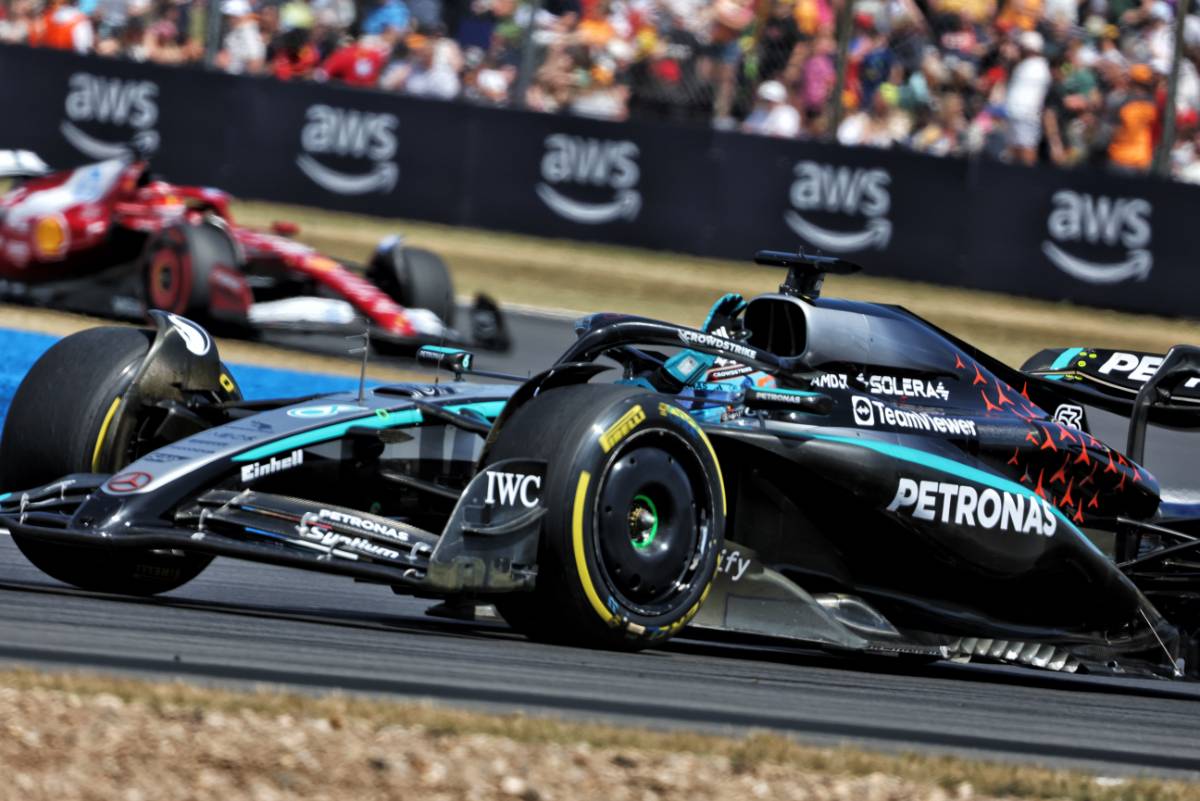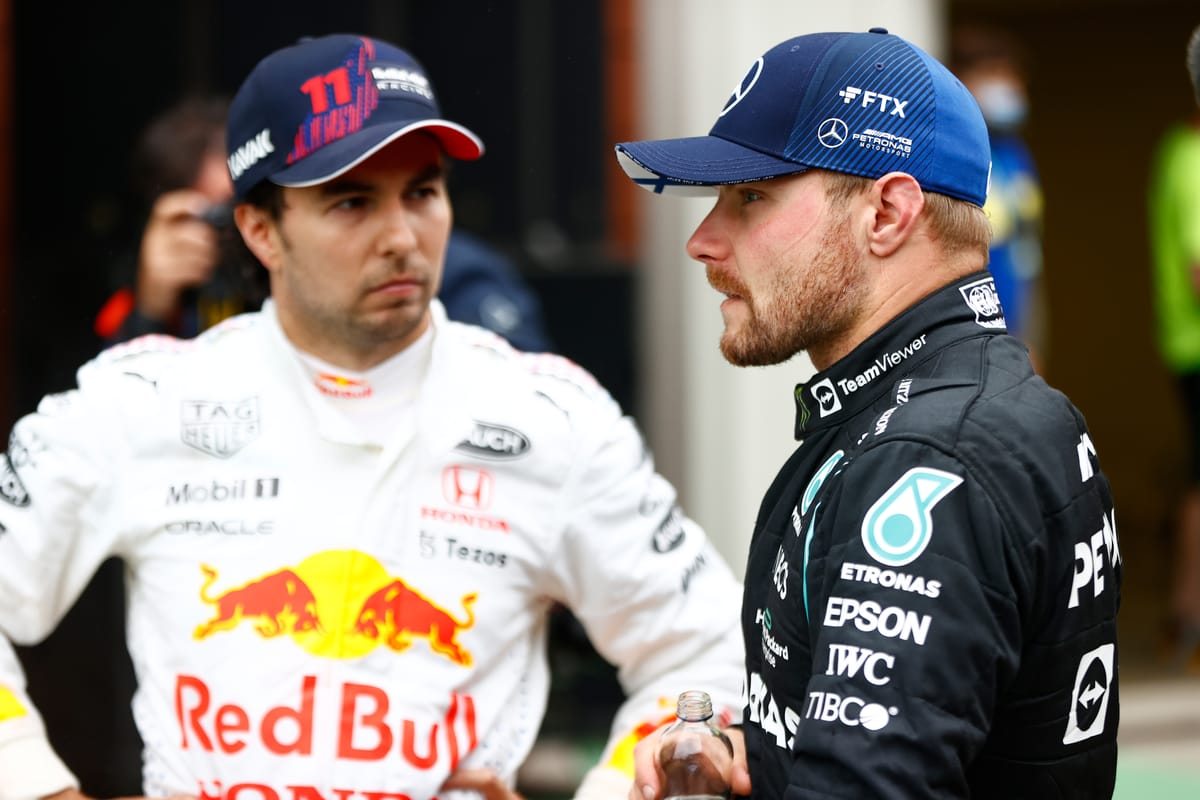Four-time Formula 1 world champion Sebastian Vettel has expressed significant concerns over the upcoming 2026 F1 regulation changes, drawing parallels to the problematic 2014 season. He criticizes aspects of the new rules, calling some "don't make sense."
Why it matters
Regulation changes profoundly impact Formula 1's competitive landscape, innovation, and financial health. Vettel's critique, given his extensive experience and championship pedigree, carries substantial weight and highlights potential pitfalls that could lead to an imbalanced grid and unsustainable costs, reminiscent of the 2014 era.
The big picture
The 2014 season introduced complex and expensive hybrid powertrains, aiming for fuel efficiency and alignment with road car technology. While the concept was sound, implementation led to massive costs and a highly imbalanced grid, with Mercedes dominating for years. Vettel warns the 2026 changes risk a similar outcome.
The details
The 2026 regulations will feature powertrains where 50% of the power comes from electrical energy, alongside 30kg lighter cars and more efficient aerodynamics. However, Vettel is unconvinced by key aspects:
- Energy Recovery: He finds the decision to recover energy only on the rear axle, ignoring the front, "doesn't make sense."
- Car Weight: Despite a slight reduction, Vettel believes the cars are "far too heavy" and should ideally be 200 kilograms lighter.
- Cost vs. Innovation: He questions the removal of "innovative solutions from the previous engine regulations" to reduce costs and attract new manufacturers, fearing a repeat of 2014's missteps.
Vettel, who has become an advocate for sustainable fuels through his "Race Without a Trace" initiative, also shared his views on F1's fuel strategy:
- Sustainable Fuels: He sees great potential in climate-neutral fuels for both motorsport and broader mobility (shipping, aircraft, existing road vehicles).
- Development Warning: He cautions against unleashing a typical F1 development race on sustainable fuels, stressing the need to limit the origin of molecules to ensure relevance for series production, learning from the 2014 experience.
What's next
Vettel's outspoken criticism, shared with Auto Motor und Sport, urges F1 to carefully consider the practical implications and potential long-term consequences of the 2026 regulations before their full implementation. His advocacy highlights the need for a balanced approach to technological advancement and sustainability in the sport.


